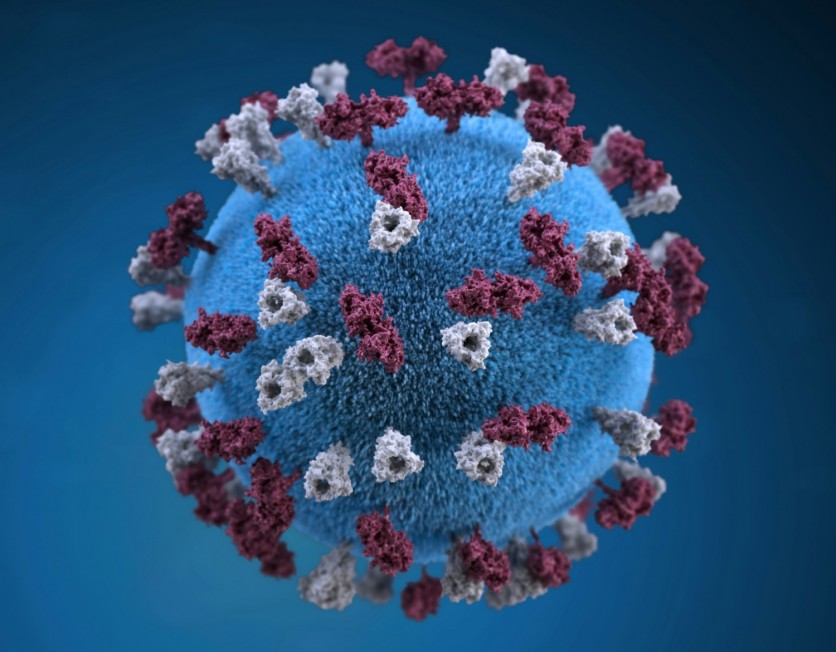With South Africa's first recorded death from mpox, which is a 37-year-old man, the country is now pushing to get a vaccine to prevent the further spread of the viral infection.
Currently grappling with its first mpox fatality, the African nation is urgently seeking vaccine supplies to combat the outbreak, according to Health Minister Joe Phaahla.
Aside from South Africa, mpox which is a close relative of the smallpox virus, previously spread across the United States and Europe. However, the challenge lies in addressing the escalating cases since the virus is endemic.
Efforts to Source Vaccines

To address the shortage, South Africa is attempting to source vaccines from World Health Organization (WHO) member countries with surplus supplies and from the international vaccine alliance, Gavi. These efforts aim to secure donations of the smallpox vaccine Imvanex, which has shown effectiveness against mpox, formerly known as monkeypox.
Related Article: Japanese Researchers Discover Treating Skin Diseases Possible Through Healthy Skin Transplants
High-Risk Groups and Transmission
A large proportion of global mpox cases have been among men who have sex with men, often within specific sexual networks, though the virus can infect anyone. Individuals with untreated HIV infections are particularly at risk.
Mpox typically manifests with flu-like symptoms followed by a rash that begins on the face and spreads to other parts of the body. The illness usually lasts from two weeks to a month.
"In a matter of days and weeks, this should materialize. One death is too many, especially from a preventable and manageable disease," the minister said per Bloomberg.
Current Situation in South Africa
South Africa has reported five laboratory-confirmed cases, all appearing to be locally acquired, with one death recorded on June 10, a Reuters report notes.
All cases have involved individuals with compromised immune systems. The country has the world's largest HIV epidemic, compounding the risks associated with mpox.
Compassionate Use of Antiviral Treatments
While South Africa currently has no registered treatment for mpox, the health department has received approval to use the antiviral drug.
Tecovirimat on a compassionate-use basis for the five known patients.
Plans are also in place to build a stockpile of this treatment in anticipation of a potential wider outbreak.
Preventive Measures and Public Health Response
Despite the WHO declaring that mpox is no longer a global health emergency, Minister Phaahla emphasized the need for continued vigilance and action to eradicate the disease.
The biggest health agency encouraged South Africans to report any suspected symptoms of the virus that might arise in the patients. WHO said that they should inform the people at healthcare facilities when it comes to these matters.
South Africa's proactive approach in seeking vaccines and treatments signifies the urgency of addressing the mpox outbreak, particularly given the country's high HIV prevalence.
Another African country that was hit by mpox was The Republic of the Congo which saw 19 cases of mpox infection. However, it was not the first country to witness the development of Mpox.
In fact, it was in 1970 when mpox was first identified in the Democratic Republic of Congo, a neighboring nation.
Public awareness and prompt medical intervention are critical to preventing further spread and managing the impact of this infectious disease.





